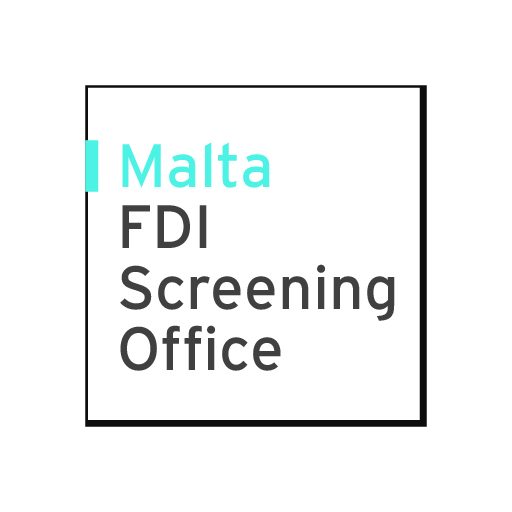15
May
EU Commission Publishes Updated Q&As on EU FDI Screening
in News, Publications
Comments
On 14 May 2025, the European Commission released an updated version of its Frequently Asked Questions (FAQ) document concerning Regulation (EU) 2019/452, which establishes a framework for the screening of foreign direct investments (FDI) into the European Union. This updated FAQ provides clarifications on various aspects of the Regulation, reflecting developments since the last version published in 2021.
Key Updates in the FAQ:
- Guidance on FDI from Russia and Belarus: The FAQ discusses the Commission’s Communication from 6 April 2022, which provides guidance on FDI originating from Russian and Belarussian investors. This guidance is relevant for assessing investments from these countries in light of the geopolitical context.
- Clarification following the Xella Judgment: The FAQ references the Court of Justice of the European Union’s judgment of 13 July 2023 in the Xella case. The judgment clarified that investments involving an EU entity as the direct investor and a non-EU entity as the indirect investor do not qualify as FDI under the Regulation, provided there is no deliberate circumvention. However, EU Member States remain free to determine the personal scope of application of their national FDI screening mechanisms, and many, including Belgium, cover such FDI.
- Impact of the Directive on the Resilience of Critical Entities: The FAQ highlights the adoption of the Directive on the resilience of critical entities on 14 December 2022 and its significance for the concept of critical infrastructure under the Regulation.
- Reference to the 2024 Communication on European Economic Security: The FAQ notes the 2024 publication of the Commission’s Communication on European Economic Security, which includes an evaluation of the functioning and effectiveness of the Regulation. This Communication was accompanied by the Commission’s proposal for a revised Regulation on the screening of foreign investments in the Union.
For more detailed information, you can access the full FAQ document on the European Commission’s website.
